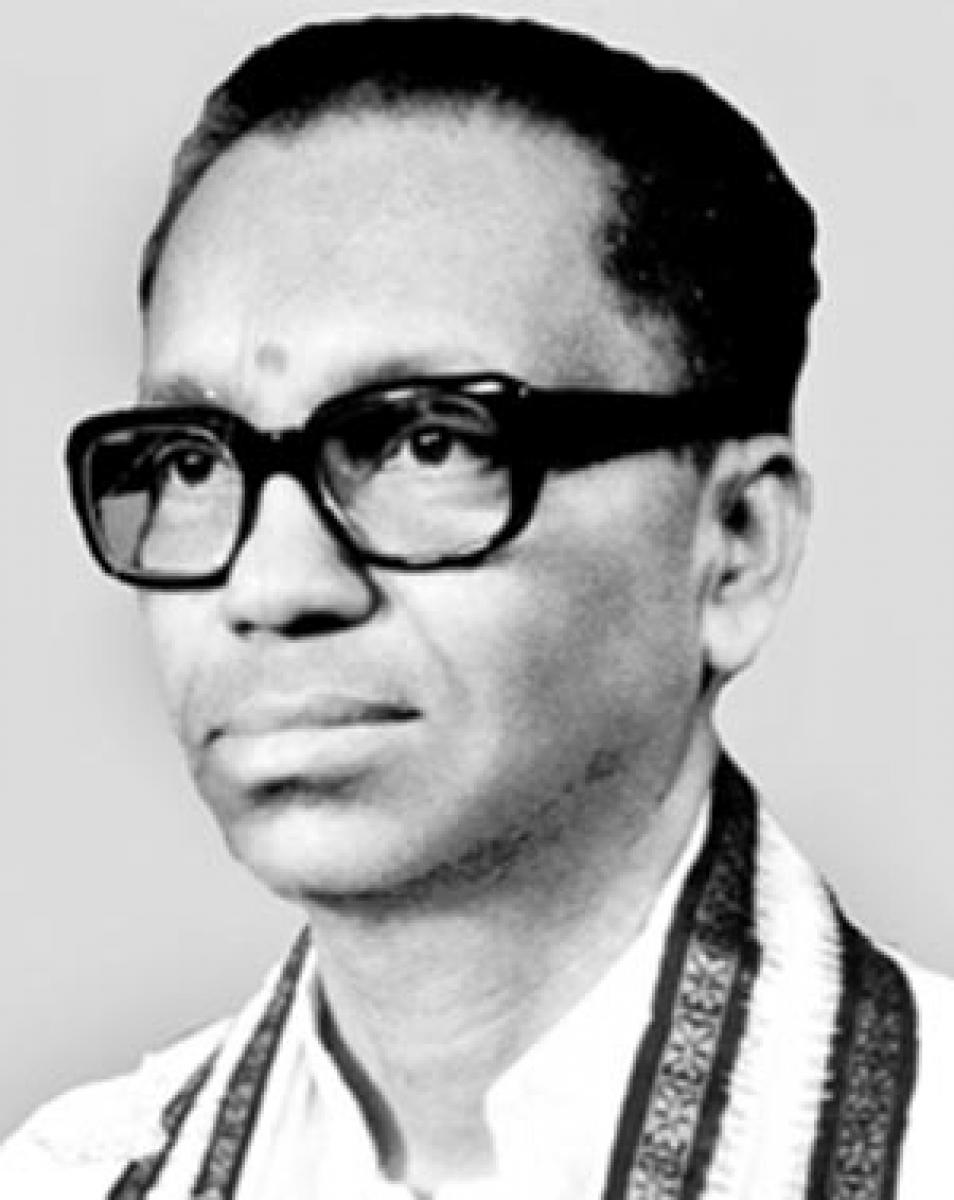Live
- South Korea's rival parties win local by-elections in each own stronghold
- Manoj Reddy Takes Charge as Kadapa Municipal Commissioner, Vows to Enhance Development
- Alternative fuels can drastically cut logistics costs, air pollution: Nitin Gadkari
- Andhra Pradesh is Open for Investment with New Policies," says Chandrababu Naidu
- Sudan highlights commitment to achieving food security on World Food Day
- Dasara box-office disappoints Telugu audience
- Affordable fashion, premium electronics fuel India’s festive sales as consumption rises
- Anirudh on board for ‘Nani Odela 2’
- Apple's New Feature Allows Brands to Customize Emails and Calls on iPhone
- Anchor Pradeep comes with Pawan Kalyan’s movie title









